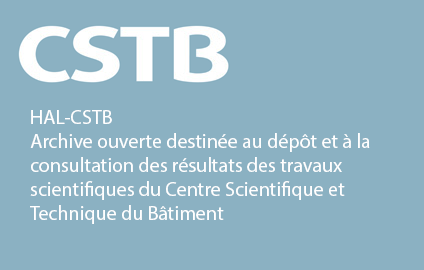In-Operation energy audit to support BIPV sustainability and reliability
Résumé
The knowledge of the performance over time of energy systems and mainly BIPV is a major concern for public policy orientations. The development of solutions to achieve decarbonation and energy objectives must meet ever higher requirements for increasingly ambitious objectives in a context of development at an unprecedented pace. The answers provided focus on claimed performances supported by numerical approaches and controls at delivery stage. However, the performance of an energy system is affected over time by non-homogeneous and erratic phenomena that can only be apprehended by on-site measurement to assess the operating state of photovoltaic systems. In addition to characterizing the level of actual performance compared to expected, these operations can highlight the causes of the observed differences and determine solutions for correction. The purpose of this work is to identify ways to improve the overall quality of the BIPV sector through the energy performance indicator and to position BIPV solutions as a crucial contributor to achieve the objectives of the energy transition. Eventually, this energy indicator must interact with economic and environmental indicators. With self-consumption solutions, monitoring solution, often linked to the feed-in tariff are less and less accessible, which makes the means of performance monitoring and control "blind". This article presents the work done to develop the method of quality control in operation of new and existing BIPV installations whose objective is to determine their real energy contribution and their role in the energy mix and expected production over the time.
| Origine | Fichiers produits par l'(les) auteur(s) |
|---|
